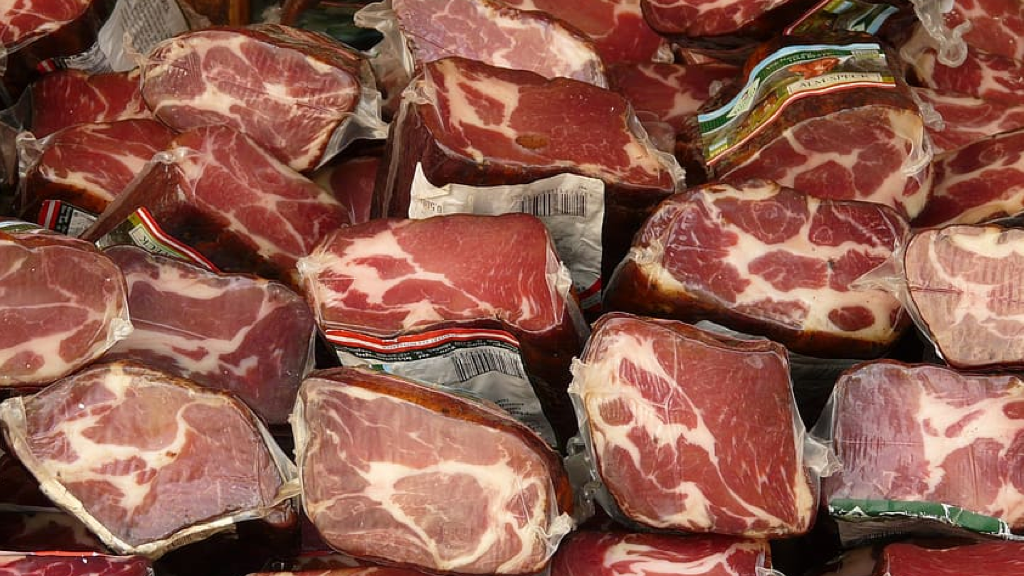The United States consumes more meat in the world, followed by Brazil and China. The U.S. factory farms rely on Latino labor to keep moving. Image source: Piqsels.com
We still don’t know the origins of COVID-19, but we do know that throughout history viruses and pandemics have been bred on factory farms. And now, the connection between the meat we consume and coronavirus is too close for comfort. The meat industry has endured enormous outbreaks, and despite the negative impact on the factories (which rely on Latino labor), Trump urged to keep them open. As of May 4, over 5,000 meat processing employees had tested positive for the virus.
Apart from prisons that have a high infection rate, meat factories have such high rates of infections due to unsafe labor practices. Many workers do not have proper physical distancing measures in place, nor do they have proper medical sick leave, or benefits. Despite these challenges, last week, Trump insisted meat packing plants stay open, without expanding workers’ benefits or hazard pay. He issued an executive order on April 28 requiring plants to stay open or reopen amid concerns about food shortages.
Throughout this pandemic, there has been extensive reporting on the disproportionate way the virus affects Latinos. This is partially due to their unequal access to healthcare, the type of jobs they have, and the environmental racism many experience.
Trump issued an executive order to keep meat processing plants open despite dangers. An estimated 80% of plant employees are undocumented workers or refugees. Credit: Getty / Gavriil Grigorov.
An estimated 80% of the meat processing workplace employees are undocumented immigrants or refugees. For decades, poultry, pork, and beef plants have recruited Latin American immigrants to work in the Midwest. Here, they face long hours, low wages, and dangerous working conditions (not to mention routine ICE raids). In the midst of this pandemic, these are the people who continue to feed us, putting themselves at risk of illness and death, without the pay that reflects that risk.
The consumption of meat in this country pushes 100 billion pounds per year, according to the U.S. Department of Agriculture. Even before this pandemic, scientists, climate change experts, and doctors said that the way we eat meat is not sustainable. The United States consumes more meat per capita than any other country, which takes a toll on every aspect of our ecosystem and labor force.
One worker at a Tyson beef plant said Trump’s decision to keep these factories running is “putting profit over lives.” Another said he was told, “come to work, you’re safe,” downplaying the actual risks and danger. To support these workers, LULAC, the Latino Civil Rights Organization, has launched its “Meatless May” campaign, to encourage people in Iowa to abstain from consuming meat. However, as grocery stores face meat shortages, each individual consumer across the nation will have to make the choice for themselves on how to fill their shopping cart.




